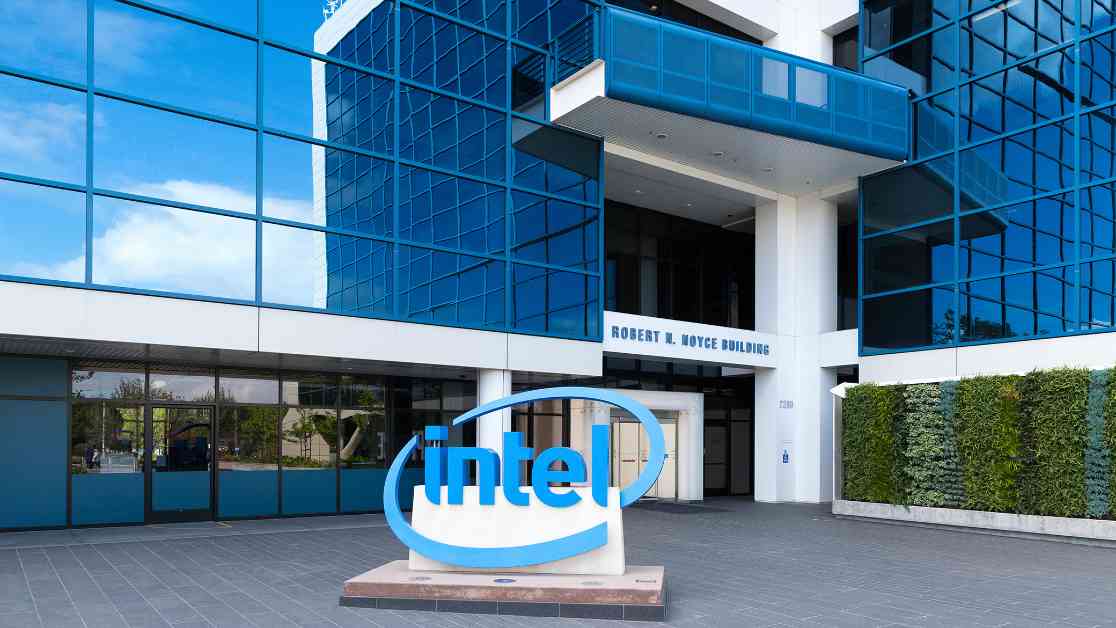In 2022, Congress passed the bipartisan CHIPS and Science Act (CHIPS Act) to ensure U.S. leadership in semiconductor technology. The Act aims to reverse the trend of losing U.S. leadership in semiconductor manufacturing and address the erosion of onshore chipmaking. The urgency was highlighted by chip shortages during the Covid-19 pandemic, while China advances in semiconductor technology.
The U.S. government plans to provide substantial federal assistance to advanced chipmakers like Intel, TSMC, and Samsung. Intel, a leading U.S.-headquartered company, is crucial to regaining U.S. capabilities in advanced process nodes. Despite financial and operational challenges, Intel remains committed to investing over $100 billion in new chipmaking capability and capacity on domestic soil.
Intel’s CEO, Pat Gelsinger, introduced the “IDM 2.0” strategy, including the establishment of Intel Foundry Services to compete in the contract-manufacturing market. Intel Foundry will manufacture chips for Amazon’s cloud computing division and develop chip manufacturing infrastructure for the U.S. defense industry.
However, Intel faces challenges with upcoming process technology and products, such as the 18A process technology and Intel Core processors. The company has made strategic decisions like outsourcing production to TSMC, focusing on the 18A process, and investing in new technologies like High-NA EUV lithography.
Intel’s main revenue sources have been chips for personal computers and data centers, but the shift in consumer demand towards GPUs and CPUs supporting AI applications has impacted its revenue. To address this, Intel announced workforce reductions and cost-cutting measures to stabilize its financial position.
The Biden administration recognizes the importance of Intel to the CHIPS Act’s success and is finalizing negotiations on an $8.5 billion grant contract to support Intel’s manufacturing projects. Other reports suggest potential acquisition or investment offers from companies like Samsung, Apple, Qualcomm, and Arm Holdings, which could face antitrust scrutiny.
Internationally, governments in countries like France, Japan, South Korea, China, and Taiwan have implemented significant support measures for their semiconductor industries to maintain competitiveness. The U.S. government should consider additional support for Intel to ensure its continued success and strengthen the domestic semiconductor supply chain.
In conclusion, Intel plays a crucial role in the success of the CHIPS Act and is vital for national security and economic well-being. The U.S. government must act promptly to provide support to Intel, as its success is essential for achieving the goals of the CHIPS Act and maintaining U.S. leadership in semiconductor technology.

